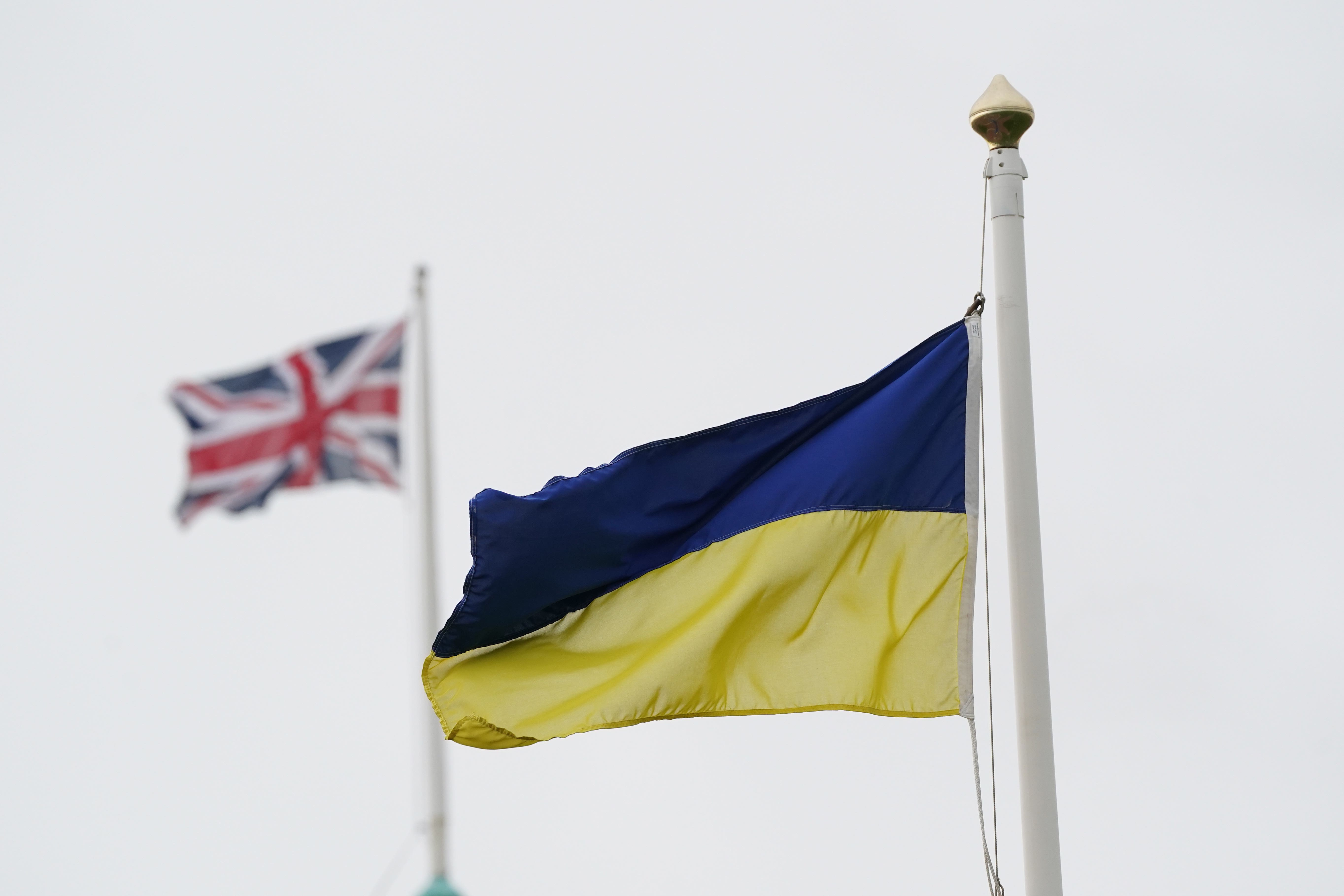Ukranian refugees struggling to rent in UK, survey suggests
Some have moved since arriving in the country because of ‘relationship difficulties’ with their sponsor

Your support helps us to tell the story
From reproductive rights to climate change to Big Tech, The Independent is on the ground when the story is developing. Whether it's investigating the financials of Elon Musk's pro-Trump PAC or producing our latest documentary, 'The A Word', which shines a light on the American women fighting for reproductive rights, we know how important it is to parse out the facts from the messaging.
At such a critical moment in US history, we need reporters on the ground. Your donation allows us to keep sending journalists to speak to both sides of the story.
The Independent is trusted by Americans across the entire political spectrum. And unlike many other quality news outlets, we choose not to lock Americans out of our reporting and analysis with paywalls. We believe quality journalism should be available to everyone, paid for by those who can afford it.
Your support makes all the difference.Ukrainians who have come to the UK are having trouble renting because they do not have a guarantor or references, a survey suggests.
Some have moved addresses since arriving in the country as a result of “relationship difficulties” with their sponsor, the findings also indicate.
Meanwhile, there has been a “significant” increase in the number of people who are now working in Britain after fleeing war in their homeland, albeit in different roles than they held before.
Experimental research by the Office for National Statistics (ONS) questioned a sample of adults who had arrived in the UK in June under Ukraine visa schemes.
Some 3,148 people took part in the online survey between October 17 and November 7, which was a follow-up questionnaire after others were carried out earlier this year.
Tim Gibbs, from the ONS, said: “Most Ukrainian arrivals are getting themselves and their families well established in the UK, improving their English language skills and taking available work even where it does not match their previous experience.
“There are still challenges, however, including having their professional qualifications recognised and in securing private rented accommodation when their finances allow.”
According to the findings, 45% of respondents “experienced barriers to accessing private rented accommodation” and the most common challenge was not having a guarantor or references (59%).
One in four (24%) respondents had changed address since June. When asked why, the most common reason was because they could now afford to live without a host but one in six (16%) said they had “relationship difficulties with their sponsor”.
There was also a “significant increase” in the number of adults who said they were working in the UK, up from 19% in June to 56% in the latest findings.
But the majority of those employed (65%) were not working in the same sector as they had in Ukraine.
There are “significantly fewer visa holders currently working in financial services as well as in teaching and education in the UK”, the ONS said.
Around 60% of visa holders reported having enough money to support themselves and their dependants for the next three months, which is another significant increase from 37% in the previous period.
The proportion who pay for their own accommodation had also risen, from 6% in June to 19%.
The majority (97%) of adults said they had a UK bank or Post Office account – a notable rise from the 82% in June who had an account.
Half of respondents still said they experienced “difficulties taking up work” in the UK. The main challenges were their English language skills not “meeting job requirements” (56%) and qualifications not being recognised or valid in the UK (33%).
But since June there have been “significantly more respondents” who could speak English fluently or “a fair amount” (from 44% to 57%) with increases seen in levels of reading and writing as well.
Almost a third (32%) of visa holders with pre-school-aged children said their child needed English language support but that this was “unavailable”. For those with school-aged children, this was 21%.
The Government launched two visa schemes in March so those fleeing the conflict in Ukraine could come to the UK for up to three years.
The family scheme allows Ukrainian nationals and their relatives to join other family already living in the UK, while Homes for Ukraine allows Ukrainian nationals and their relatives to come to the UK if they have a sponsor who can provide accommodation.
Some 144,600 people had arrived in the UK under the Ukraine visa schemes as of November 14, according to Government figures.
By November 15, around 245,700 applications had been submitted and 199,500 visas had been granted.
Half of those who took part in the survey said they thought they would stay in the UK for another three years or more, compared to 38% in June.
The ONS, which is carrying out the UK Humanitarian Response Insight Survey in a bid to “understand the opinions and experiences of those arriving in the UK” under the schemes, said care should be taken when interpreting the findings.